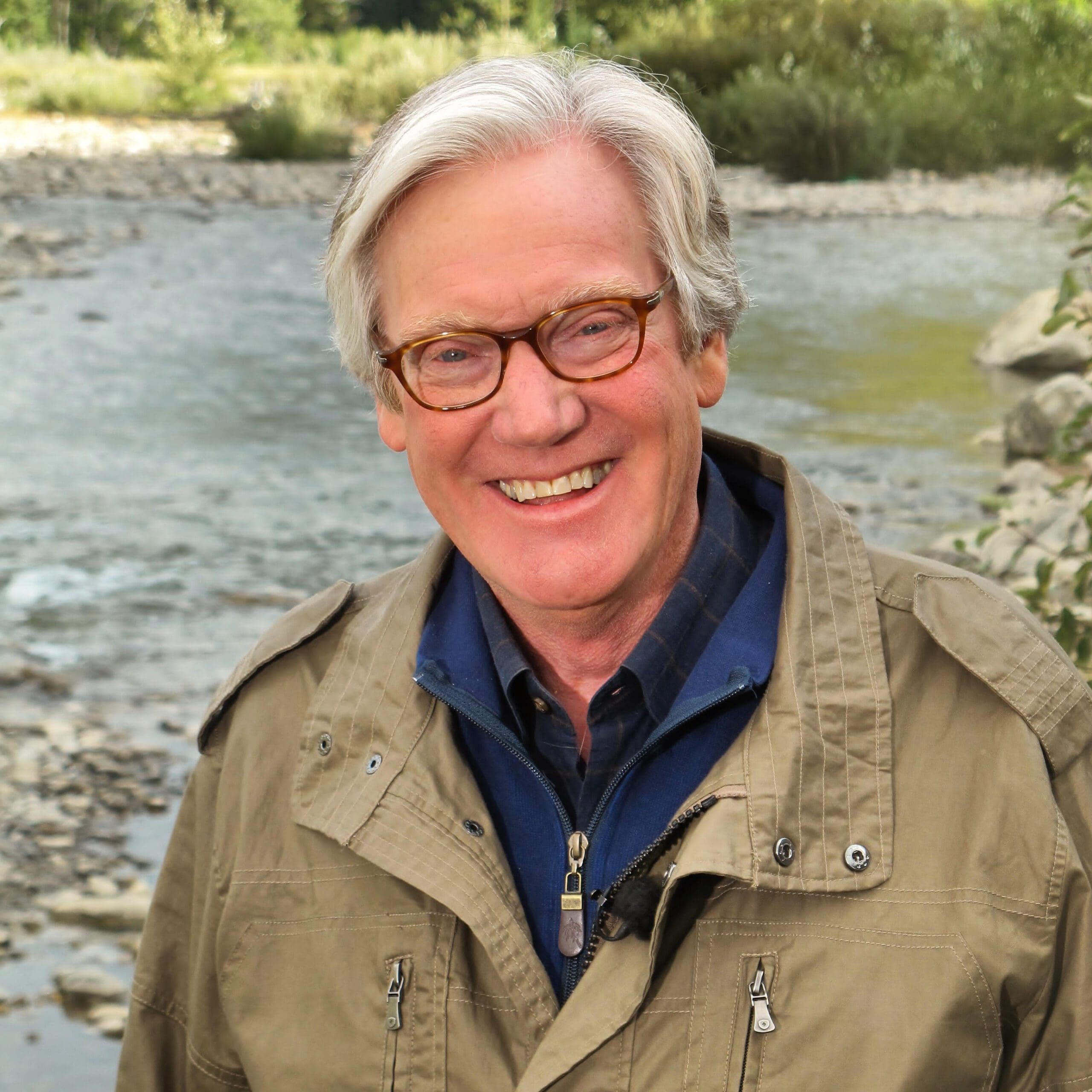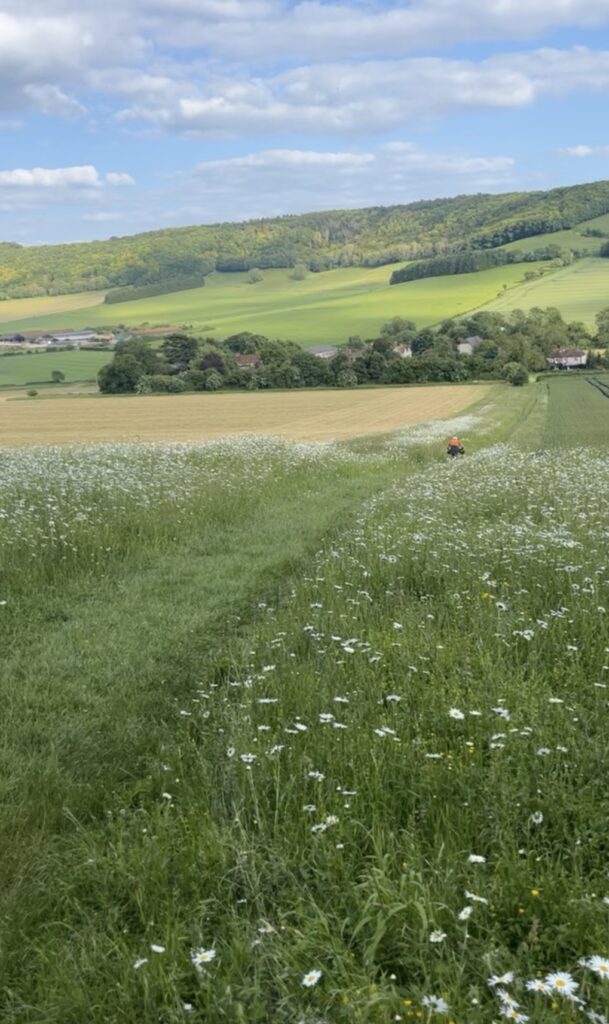I crisscrossed this country for 40 years, reporting “The American
Story with Bob Dotson” on the NBC TODAY Show. That quest was almost
non-stop. More than four million miles searching for people who are
practically invisible, the ones who change our lives, but don’t take time to
tweet and tell us about it.
Wisdom is found in unexpected places. Tools for some of the first
microsurgeries were invented in a garage. An out of work truck driver
tinkered and perfected them until they changed our world. It all seemed as
easy to Jim Crudup as rewiring his old car.
I met him one pretty spring day outside Forest, Mississippi. Paused
to admire his beautiful ’46 Ford. The coupe and I are the same age. Jim
smiled when I added, “Looks like it’s in better shape than me.”
“You can’t always tell about a car — by its polish,” he grinned.
Same with people. The former truck driver in that beautiful Ford
taught surgery for thirty years with only a high school education, even
though he could not stand the sight of blood and didn’t like needles.
Jim Crudup started driving trucks after he got out of the Army. When
his business hit hard times, he took a job cleaning medical tools at a
research lab at the University of Michigan. One day he borrowed the
doctor’s books and began teaching himself.
Dr. Sherman Silber heard some of the older surgeons talking about
this amazing guy, Jim, “He just watched what they were doing, and he did
it better than them.”
Dr. Silber was a struggling med student in the 1960s, “I had no
manual ability whatsoever!”
Jim explained that surgery is mostly in the mind, not really in the
hands, and then showed him how to think it through, calming the med
student’s frustration. Dr. Silber became one of the pioneers of
microsurgery; a leading fertility specialist, using techniques he perfected
with tools Jim made for him.
“We practiced on rats,” he said. “Once a surgeon can do a heart
transplant on a rat, it’s not a big deal to do a testicle transplant on
a human.”
Of course, Jim was not allowed to work on people, but the professors
did not know how to use those microsurgery tools. They sent students to
learn what only Jim could teach.
I asked Crudup: “How did the young doctors react when they were
told to learn from a guy who cleaned their tools?”
“They didn’t know that I was black,” he giggled. “They would come
over and say, ‘Well where’s Jim?’ I’d just say, ‘You’re looking at him!’”
The former truck driver had a way of making it pretty obvious by the
end of one or two operations that he knew a lot more about surgery than
they did, and then the whole relationship would change, but the gentle man
with the ready smile, never became a doctor himself. He started working
at the hospital in his late thirties with four kids to raise — and all those
students. Jim helped many doctors to greater fortune than his own.
“What did you get out of all this?” I asked.
A rueful smile crossed his face, “One day I knew I’d be on an
operating table with one of my students holding a knife over me. I could
rest assured they were well taught.”
Each year the best surgical student at the University of Michigan gets
his name on a plaque that bears Jim Crudup’s face. The Head of Vascular
Surgery, Dr. Thomas Wakefield told me it was his department’s most
important award, “and it’s named after our most important teacher.” To his
neighbors Jim was just that quiet old guy who could fix anything. Crudup
seldom mentioned what he’d done. What he’d done, speaks for itself.
Telling tales on television is a bit like writing on smoke. After a brief
mention, the men and women I profiled drifted away, but the lessons they
left us linger. Their importance undiminished.
This story first appeared in the New York Times best-selling book:
“American Story: A Lifetime Search for Ordinary People Doing
Extraordinary Things.” (Penguin/Random House)
https://www.amazon.com/dp/B008EKOOT6/ref=dp-kindle-redirect?_encoding=UTF8&btkr=1
Want to hear more? Upstate International invites you to join me for:
Lunch with Bob Dotson on February 21, 2018 at the Poinsett Club, 807 East Washington Street in Greenville.
RSVP is required. Tickets go on sale January 21 through Upstate International.
We’ll explore the reasons why modern day pioneers — from every corner of the planet — still seek America’s promise.



